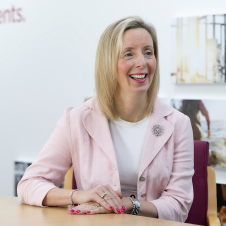Allowances
Most allowances are set per tax year, and if not used they will be lost. Whilst modest, the allowances can add up if the whole family is able to benefit.
- Personal income allowance - £11,500 (increasing to £11,850 from 6 April 2018) – consider payment of income (bonus, salary, dividends)
- Savings income (starting rate) - £5,000 (also £5,000 in 2018/19)
- Dividend allowance - £5,000 (reducing to £2,000 from 6 April 2018)
- Capital gains tax (CGT) annual exemption - £11,300 (increasing to £11,700 from 6 April 2018) – consider realising gains to use the exemption. It is possible to sell investments to crystallise sufficient gains to use up this year's CGT exemption. Anti-avoidance rules exist to prevent you buying back the same shares within 30 days. However, if you sell some shares and your spouse buys them back (subject to transactional costs), this would not be subject to the anti-avoidance rule. Alternatively, you could sell shares, then use your ISA to repurchase the same shares.
- IHT annual exemption - £3,000 exemption for gifts (and £3,000 for last year too, if not already used)
Top tip:
Basic rate taxpayers could realise gains (perhaps by way of gift) on shares and quoted investments and pay CGT at 10% on the gains. Where the individual’s taxable income exceeds £45,000, the rate of CGT will increase to 20%.
Direct and indirect gifts (e.g. spousal transfers followed by a gift) could provide a cost-effective way to make gifts to children and wider family. Please note that residential property and carried interest gains are taxed at higher rates of CGT.


